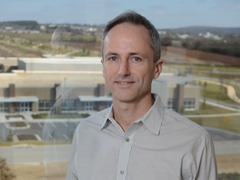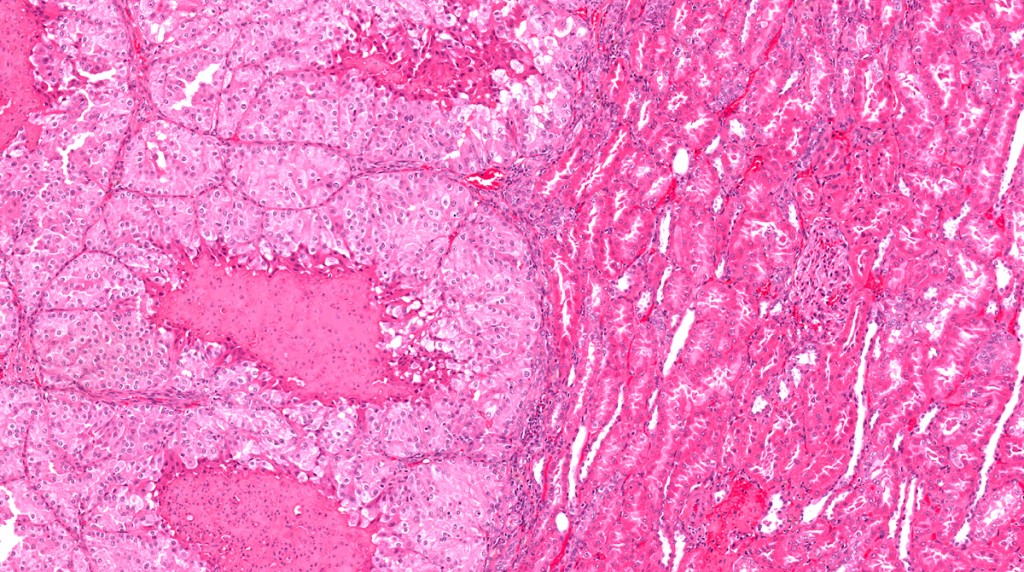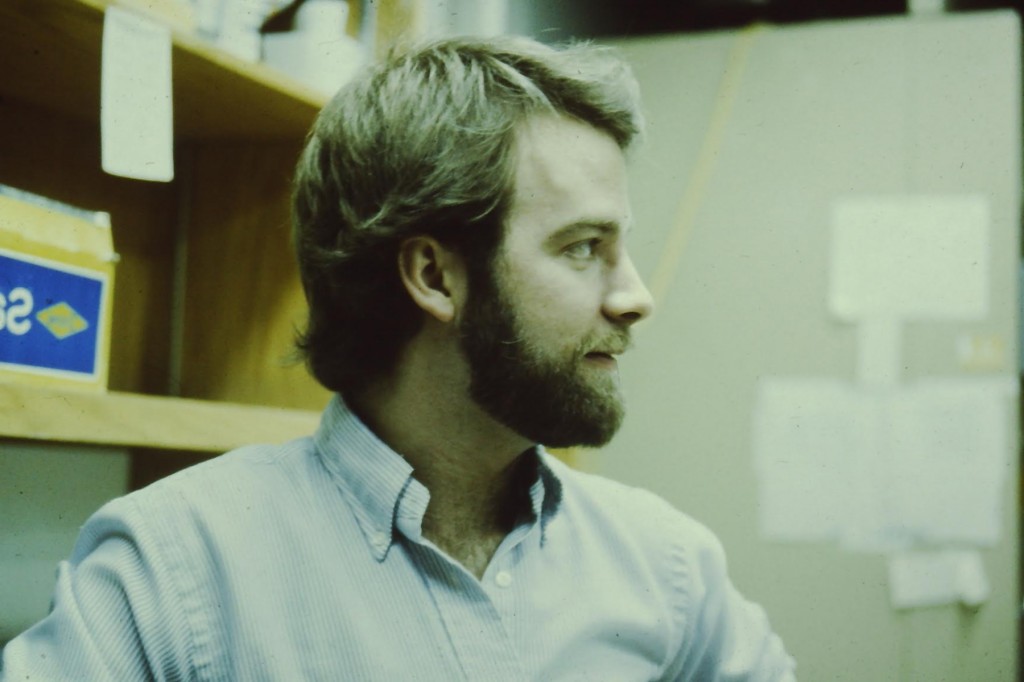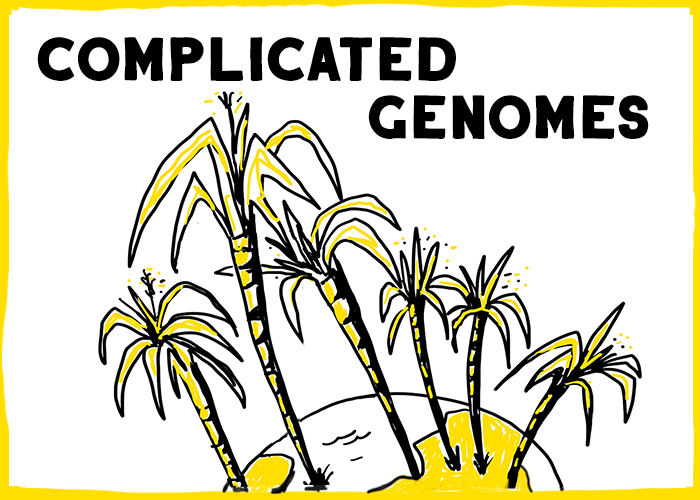Scientists at the HudsonAlpha Institute for Biotechnology will soon be studying identical twins to better understand the aging process. Devin Absher, Ph.D., HudsonAlpha investigator, said the project team will work with collaborators in Washington and Sweden to look at DNA mutations that occur in the cells of adult twins. Funding for the four-year study comes from the Ellison Medical Foundation.
Specifically, Absher, who is co-principal investigator along with Jan Dumanski at Uppsala University in Sweden, will study copy number differences between identical twins. Copy number variation refers to larger scale gains or losses in DNA segments—from 1,000 to over a million bases.
Monozygotic or identical twins, occur when a single egg is fertilized to form one zygote, which then divides into two separate embryos and ultimately two individuals. These twins begin with identical DNA sequences. “Therefore,” said Absher, “by using monozygotic twins, we can better identify regions of the genome that are prone to mutation during the aging process.”
Data for the study will come from samples collected by the Swedish Twin Registry and the University of Washington Twin Registry. Variation between twins will be observed over time and include intervals of up to 10 years.
According to the Ellison Medical Foundation, significant breakthroughs in understanding the basic biological processes that underlie aging and age-related diseases are the best hope for achieving genuine prevention or amelioration of age-related debilitation and disease.
The Ellison Medical Foundation Senior Scholar program is designed to support established investigators, working at institutions in the U.S., to conduct research in the basic biological sciences relevant to understanding lifespan development processes and age-related diseases and disabilities.




